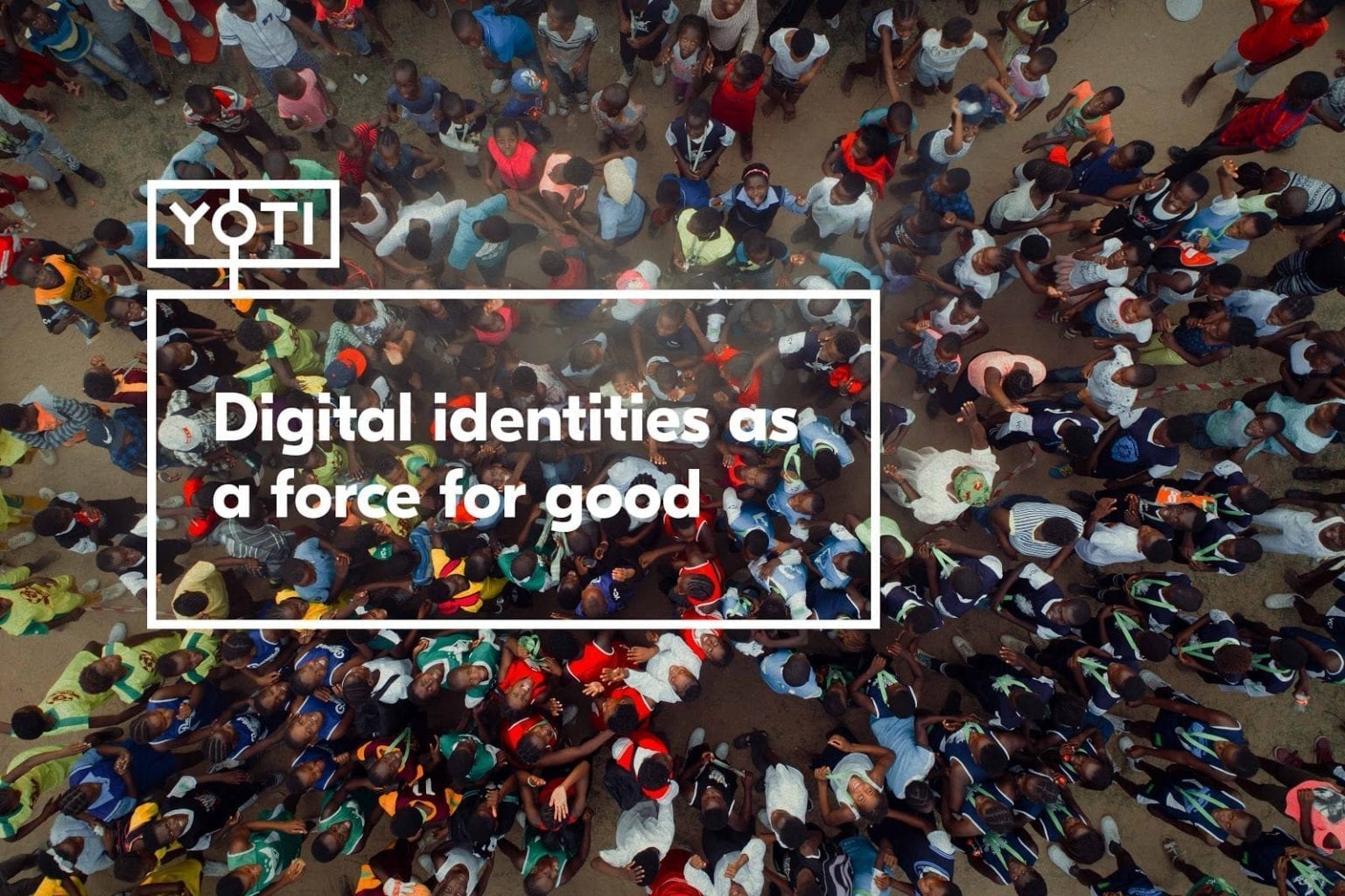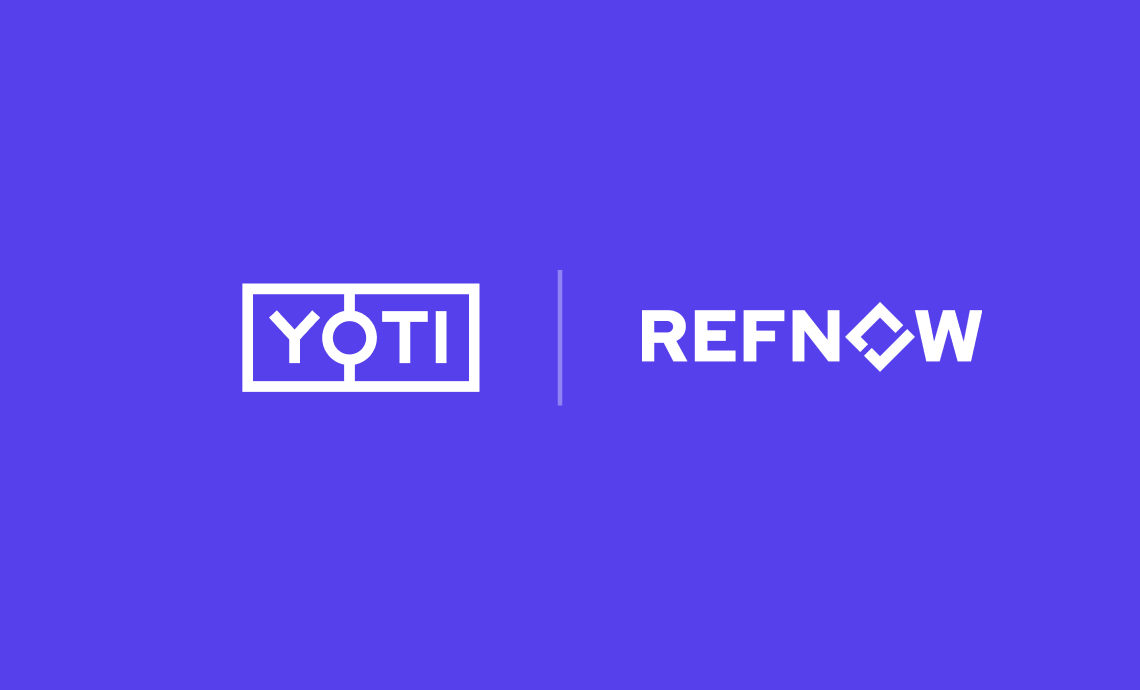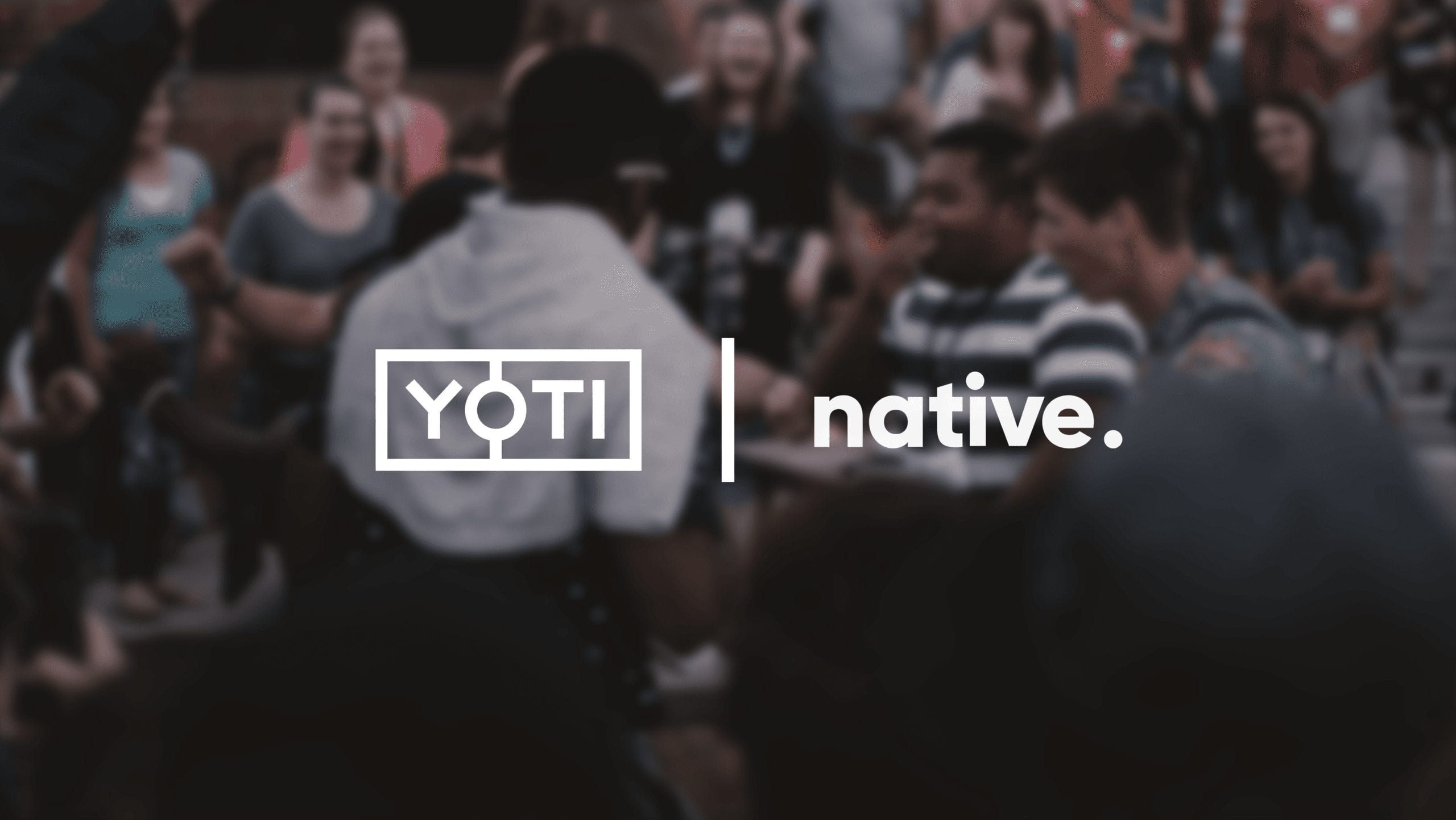Articles
Yoti now available through ForgeRock
At Yoti, we provide solutions for organisations to securely verify the identity of their users. So, we partner with a variety of organisations to help make the digital world that little bit more convenient and secure. We are especially excited to announce that we’re now working with ForgeRock. What is ForgeRock? ForgeRock is a multinational digital identity and access management platform. It specialises in creating backend solutions for organisations to verify their customers. The company was founded in 2010, with headquarters in San Francisco, California. How does our partnership with ForgeRock work? We have built a node (or
Helping you avoid dating hell with DateID
The dating landscape has changed rapidly. Online dating has given singles a much easier way to expand their dating pool and meet people they may have never encountered in everyday life. But despite the benefits, meeting people online comes with a risk. With the rise of dating apps, there has also been the rise of the catfish – individuals pretending to be someone else online. According to a report by YouGov, 50 percent of people do not trust the details on dating profiles are true. The number of people affected by online dating scams has reached a worrying high, with
Meet the 2019 Yoti Digital Identity Fellows
Earlier this year, after an extended period of research and evaluation, we announced the launch of a new Social Purpose Strategy. With an unashamed grassroots focus, each activity is designed to help us better understand, support and empower individuals and organisations working on critical issues of identity, primarily in the Global South. A flagship activity from the Strategy is a Fellowship Programme which we launched in April. Over a two-month application period we invited proposals for research, media, policy or development solutions based on four key themes related to identity or digital identity. With a preference for applicants from
Using Yoti to buy Jägermeister
Together with Jägermeister, we’re driving responsible alcohol sales online. Our age verification app allows customers to simply and securely prove their age when using their debit card to buy from the Jägermeister online shop. It also makes it harder for children to bypass the Challenge 25 policy they face in shops, which is notoriously hard for retailers to enforce online. Until now, credit card was the only payment option to buy Jägermeister. It’s now even easier to treat a loved one to the UK’s best-selling speciality spirit. Improving age verification online It’s too easy for young people
From labour to love - online reference checking with RefNow & Yoti
When we set out to fix the broken identity system, it seemed like a digital identity solution had the potential to revolutionise so many different areas of our lives that it was hard to know where to start. It was during a Spartan race in 2014 that our founders had the epiphany of using a digital identity solution to check who people were. But another obvious use for this is the way we sign contracts and do referencing, whether that be for jobs, houses or all sorts. The labour of referencing For most of us, chasing up references from
Yoti is partnering with native to enhance student experiences
We’re really excited to announce our partnership with native, the champions of student experiences. University is about discovery, new experiences, life-long friendships and unforgettable memories. And native understand that. From freshers’ week to society socials, spontaneous nights out to post-exam celebrations, the team at native works night and day to make sure students live their university years to the max. And if their long list of awards is anything to go by, they know how to have a good time. Their app and website provide tailored event recommendations, student discounts and exclusive tickets. Our partnership will make it easier for






